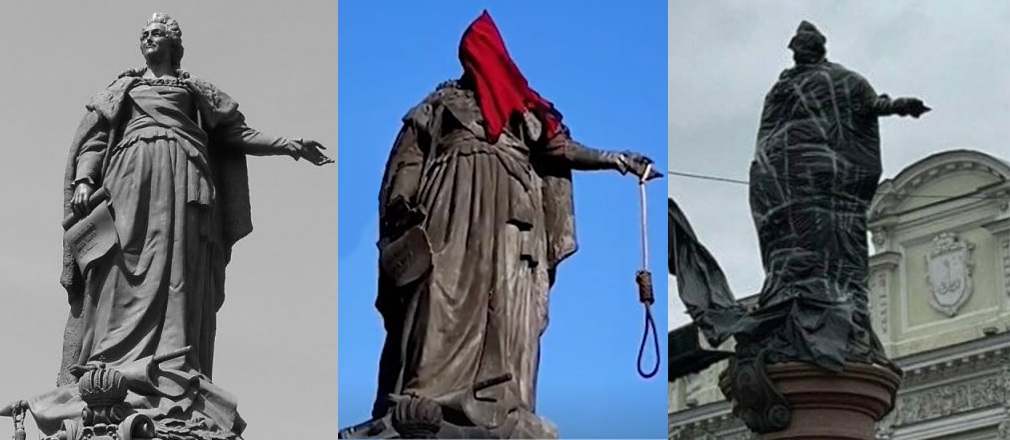
By John Helmer, Moscow
@bears_with
No one in Poland is in any doubt now that Tuesday’s missile attack on Przewodów* village, eight kilometres west of the Ukrainian border, was caused by a Russian-made missile fired by the Ukrainian military acting on the orders of President Vladimir Zelensky in Kiev. Two villagers were killed by the Ukrainian action. That Zelensky continues to deny this makes him a liar throughout Poland.
Polish President Andrzej Duda has made this official. “There is a high probability that it was a missile that was used for missile defense; that is, it was used by the Ukrainian defence forces”. Duda justified the action by telling Polish voters: “Ukraine defended itself – which is obvious and understandable – by firing missiles which were tasked with hitting Russian missiles.”
Duda was sharply and publicly corrected by the national party politician closest to the incident, Jaroslaw Pakula, the head of the Lublin City Council. “ ‘Of course, it’s a Ukrainian rocket. Of course, this is a provocation on the part of the Ukrainian authorities…The rocket could not be fired 100 km in the opposite direction by mistake.’ The aim of the provocation was to scare the EU and gain civil society support to send even more weapons to Ukraine, Pakula added. Instead of saying ‘fairy tales’ about the missile, the Polish president should tell Ukrainian Vladimir Zelensky that Warsaw ‘will no longer put up with this behaviour’ by Kiev.”
Pakula posted his commentary on his Facebook account. “I urge you to rethink Poland’s position [looking] at this war in case the red line is crossed again!” Pakula told Duda and the leadership of the Law and Justice Party (PiS) in Warsaw.
Zelensky told the Polish Government: “I have no doubt that this is not our missile. I believe that this was a Russian missile, based on our military reports.” In a full text of his remarks republished from Ukrainian into Polish by the state Polish Press Agency (PAP), Zelensky added: “It was not our rocket, not our missile strike…I am convinced that we should and will [take part in the Polish investigation]…I want us to be fair, and if it was the use of our air defense, then I want that evidence. First the investigation, access, and the data you [Polish government] have.”
The Polish news agency also reported the head of Ukraine’s National Security and Defense Council as claiming: “we are ready to provide our [Polish] partners with the evidence of the Russian footprint that we have. We also expect information from the partners, on the basis of which the final conclusion was drawn [by the Poles] that it is a Ukrainian air defense missile.”
Former Polish senator for the opposition party Civic Platform (PO, Robert Smoktunowicz, commented: “Not only have we not yet received an apology and expressions of regret from the president. Zelensky for the explosion and death of two Polish citizens. What is worse, the Ukrainian side denies its responsibility and demands evidence from the Polish side. What went wrong after February 24?”
Stanislas Balcerac, an independent political analyst based in Warsaw, acknowledges that the Ukrainian missile attack has struck at the rural heartland of eastern Poland which has voted solidly for the PiS party to win the provincial council and governorate (voivodeship) elections of October 2018; and likewise the national parliament (Sejm) elections of October 2019 and the presidential election which Duda won narrowly in June 2020.
“The PiS has had to fight on three fronts,” Balcerac said “coronavirus, the war in Ukraine, and Brussels’ game of blocking European Union money for Poland. That’s quite a lot.”
He believes the PiS and its leaders – Duda, Prime Minister Mateusz Morawiecki, and party leader Jaroslaw Kaczynski — must maintain a balancing act in public, but privately they are furious at Zelensky’s statements. In the context of the current war, adds Balcerac, “Poland has a specific history with both Germany and Russia.”
In Warsaw, that phrase “specific history” means much more than anyone can calculate in votes for the moment.
The moment won’t last, comments a veteran NATO military analyst. “It hasn’t gotten hard enough for the Poles or Ukrainians. Winter hasn’t sunk in yet. We’ll know better in a week or three.”
(more…)





















